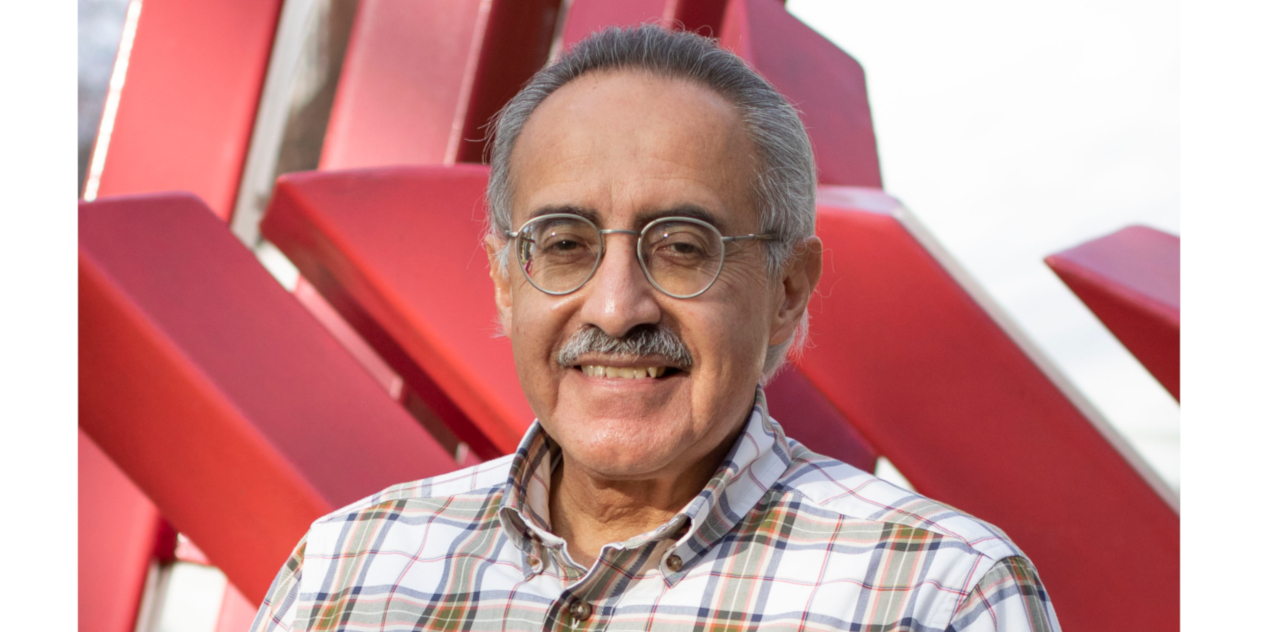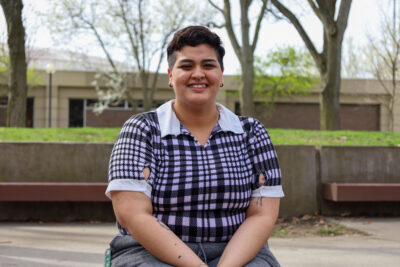Four years ago, while watching CNN at the JW Marriott Hotel in Indianapolis, I learned Donald J. Trump had defeated Hillary Clinton, claiming the presidency.
I headed downstairs to a ballroom where the Indiana Republican Party was hosting its official election night party. There, I watched in awe and fascination as people laughed, joked and toasted Trump’s victory while Fox News played on a giant TV screen.The next morning, in the same ballroom, several hundred Latinx high school students sat in stunned silence as they were consoled during the Indiana Latino Education Summit.
The keynote speaker told the prospective college students that they needed to remain faithful and optimistic, despite Trump’s campaign promise to deport immigrants like so many of them in the room.
Last Saturday, I learned the latest presidential election outcome via a text message from my son: “They’ve called it! Biden wins!”
There were no crowds and no celebrations for me this time. Still, I observed the same contrasting reactions on social media – a safe way to assess opinions in the time of COVID-19.
Some people were overjoyed, others relieved. A few wrote that they finally could breathe easy after four difficult years. Others expressed supreme confidence that President Trump won or would still prevail.
Days later, the same dynamic is playing out across the country. It seems likely that the cascade of contrasts will continue until a president is sworn into office on Jan. 20, 2021.
Who knows who that will be?
After four years of the most unconventional presidency of my lifetime, and with an unpredictable U.S. Supreme Court, I no longer make predictions when it comes to Donald J. Trump.
If it isn’t clear already, I’m glad that Joe Biden and Kamala Harris appear to have won, but in the Trump era, when days can seem like weeks and weeks like months, Jan. 20 seems like a long time away.
Until that day arrives, I’m much more concerned about how we can move past the turmoil, acrimony and hatred of the past four years and restore a sense of normalcy, civility and common purpose.
Sadly, Democrats and Republicans are profoundly divided because of partisan politics, the decline of trust in the news media and the isolating and corrupting impact of Facebook, Twitter and other social media platforms, which bombard us with posts that reinforce our views – even if that information is verifiably false.
There are even divisions among my family and friends, a few of whom love President Trump, believe Joe Biden is evil and that Democrats are ruining the country.
Their extreme remarks have me angry and sad, and I’ve been tempted to sever our contact and dismiss them as uninformed and hateful people.
But as a Christian committed to following Jesus, I know that we’re called to love God and to love one another, always. As we’re taught in Matthew 5:43-45: “You have heard that it was said, ‘You shall love your neighbor and hate your enemy.’ But I say to you, ‘Love your enemies and pray for those who persecute you,’ so that you may be children of your Father in heaven; for he makes his sun rise on the evil and on the good, and sends rain on the righteous and on the unrighteous.”
It’s not easy to love amid our current divisions and incivility, but I won’t give up on my Trump-admiring family or friends or stop loving them. And I’ll keep praying that they will love others who disagree with them – and perhaps spend a little less time on Facebook.



